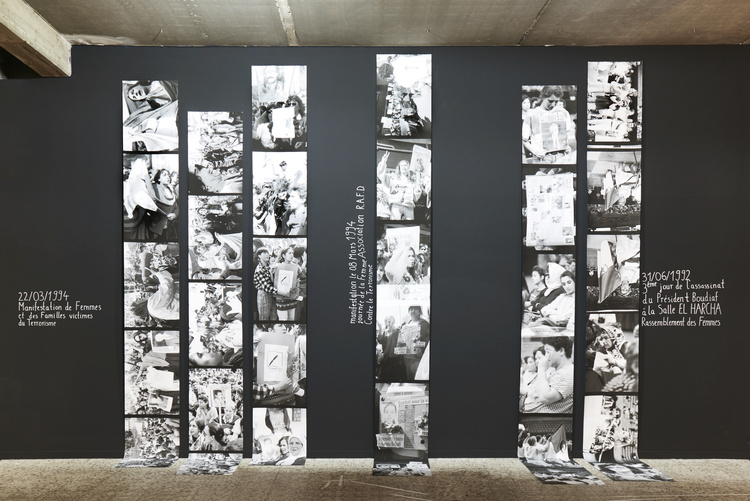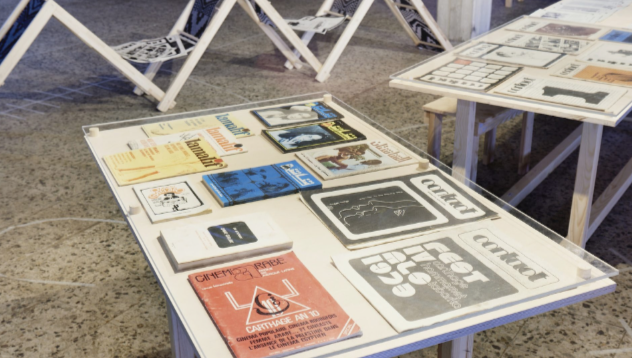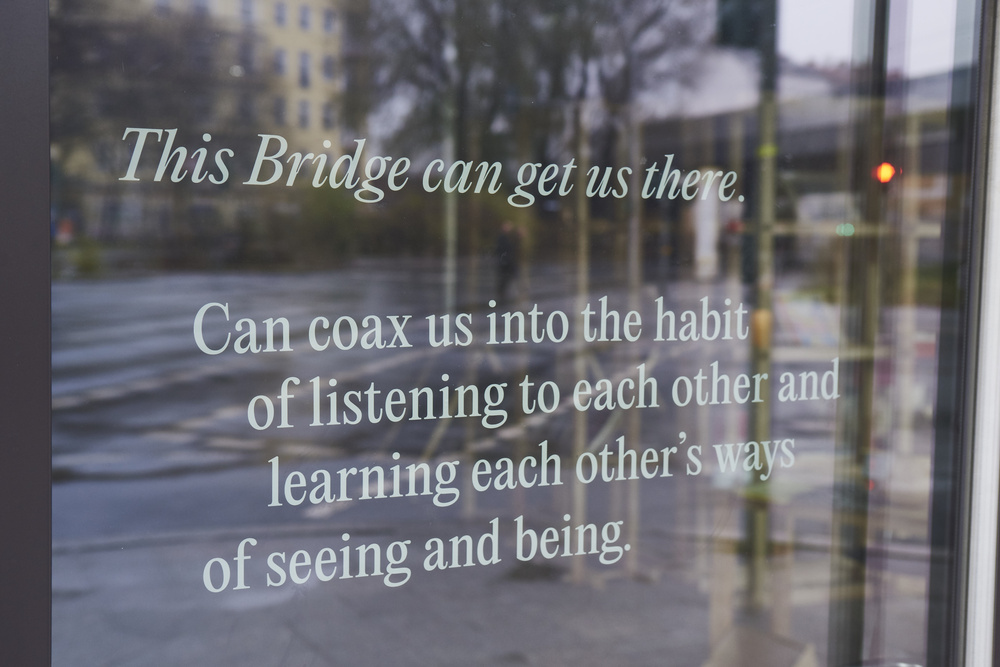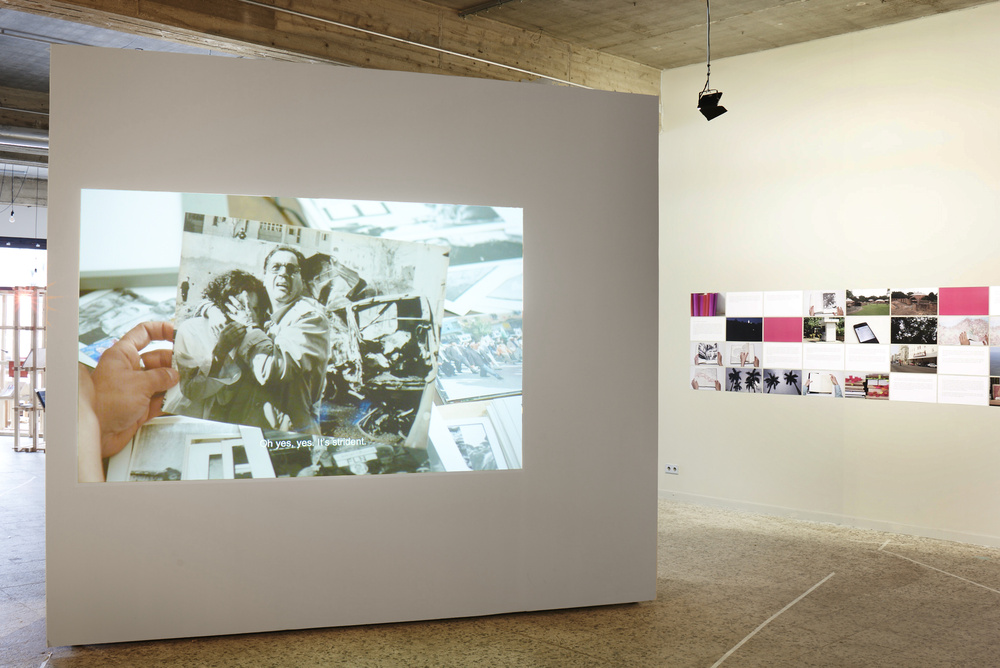This Bridge Can Get Us There was an exhibition and a public program that considered the potential of publishing as a subversive and emancipatory practice through the prism of transnational feminist methodologies and anticolonial thought. The exhibition brought together artistic propositions in conversation with past and current publishing experiments that allowed us to reflect on the multiple ways womxn from different locations and with different theoretical and practical background have devised in order to decenter both national and neocolonial power structures.
This Bridge Can Get Us There set out to traverse publishing in its broader sense, considering different modalities of speech, translation, transmission, dissemination, and archiving. The exhibition and public program sought to address this expanded sense of publishing practice by looking at varied emancipatory experiences while simultaneously exposing and reflecting on the invisible structuring mechanisms that lie behind the act of publishing, and the hegemonic systems of knowledge production informed by logocentric and Eurocentric views and languages.
Contributors included Fatiha Ait Ougadir, Louiza Ammi, Gilberto Arroquete Djù, Leila Bencharnia, Coopérative Artisanale Ifassen, Padmini Chettur, Intilak (Touda Bouanani, Léa Morin, Maya Ouabadi), Katia Kameli, Julia Mensch, Marcela Moraga, Dior Thiam, Ezgi Tok and Giovanna Esposito Yussif.
Curatorial ensemble: Chiara Figone, Paz Guevara, Beya Othmani.
Research: Onur Çimen, Aby Gaye, Amelie Jakubek, Emanuela Maltese.
Graphic design: Untitled Duo (Soukaina Aboulaoula & Yvon Langué) in collaboration with Archive Appendix
Spatialisation Ola Zielinska.
Communication and production: Matilde Doni.
Photographic documentation: Denis Laner.
Art handler and artists liaison: António Pedro Mendes.
Light design: Emilio Cordero
Carpentry: Santiago Doljanin, Willem van den Hoek, Melwin Neumann.
Exhibition mounting: Rafal Lazar.
Production assistance: Sami Belatra, Nancy Naser El Deen, Tech Rey Domurat, Bert Günther.





